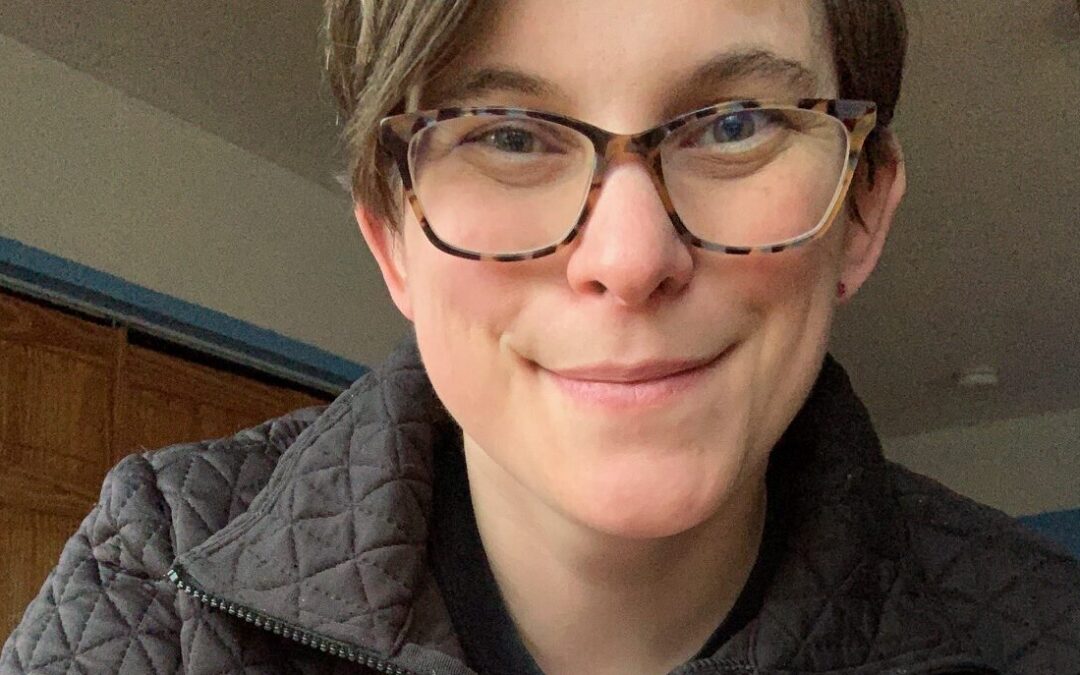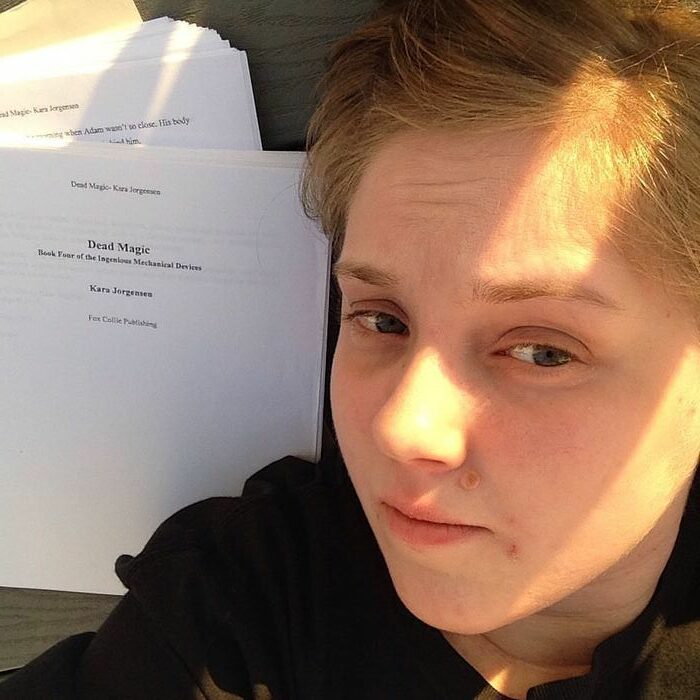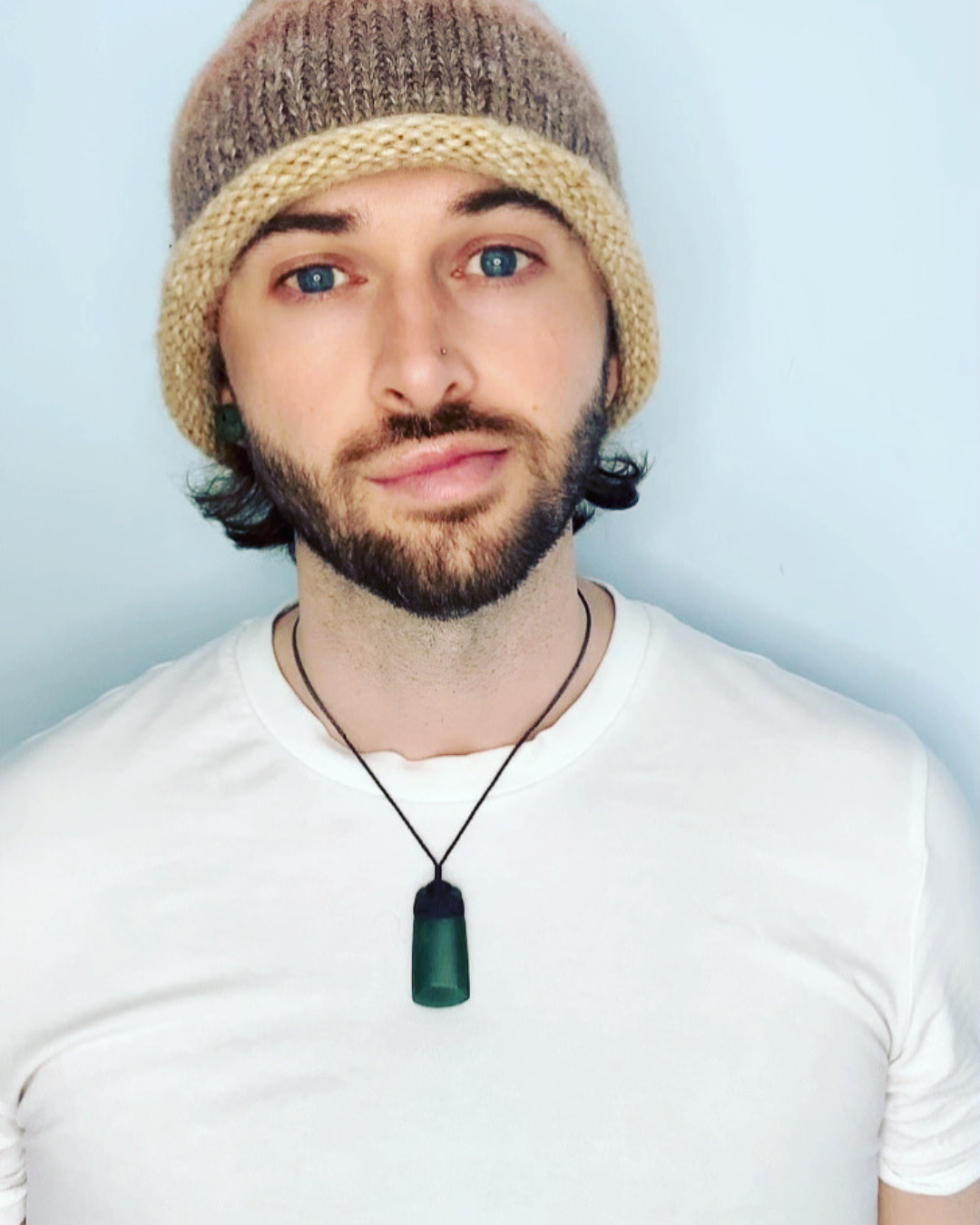
by Alexa Goodrich-Houska (she/they) | May 14, 2025 | Blog
Kellie Doherty is a proudly bisexual science‑fiction and fantasy word‑slinger hailing from Eagle River, Alaska—where the winters are long, the nights are bright, and the plot bunnies run wild. Her debut duology Finding Hekate and Losing Hold put queer space opera on...

by Jason Kivela | Nov 15, 2023 | Blog
Kara Jorgensen (they/them) is a queer, nonbinary oddball with a penchant for all things antiquated, morbid, or just plain strange. While in college, they realized they no longer wanted to be Victor Frankenstein but instead wanted to write like Mary Shelley and thus...

by Jason Kivela | Oct 24, 2023 | Blog
Rory Michaelson (they/them) is the author of the multi-indie-award winning Lesser Known Monsters books, a queer dark fantasy series with a diverse found-family cast. Rory is always too busy but rarely doing the things they ought to be. They are generally a solitary...

by Alexa Goodrich-Houska (she/they) | Jun 17, 2023 | Blog
“I want to show you the New World Corraalllll!” -Rick Grimes, probably talking about books or something. Busy Geek Breakdown (TL;DR): Since things opened back up I have made a concerted effort to check out the many small local bookshops and ask for...

by Alexa Goodrich-Houska (she/they) | May 31, 2023 | Blog
“And so, Doctor Beckett finds themselves leaping from pride to pride, striving to assemble what once went amiss, and hoping each time that their next leap will lead to a fabulous, fully decorated home … or something” Busy Geek Breakdown (TL;DR): Get ready for...






